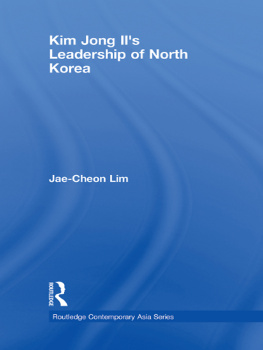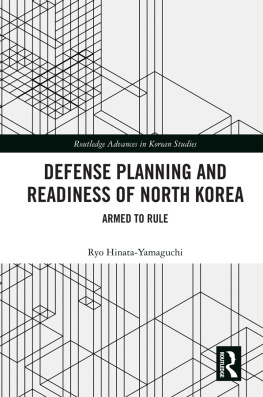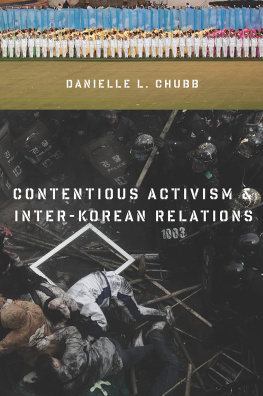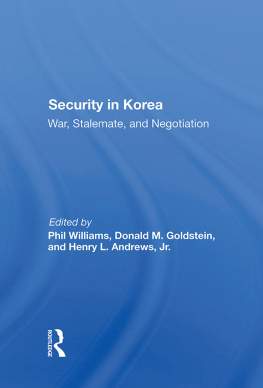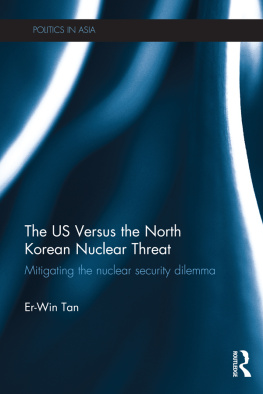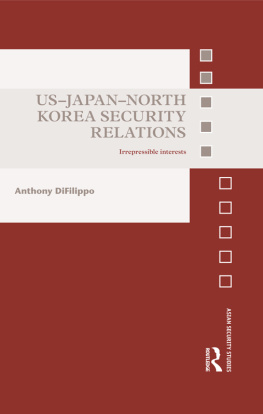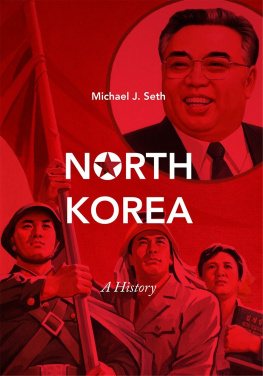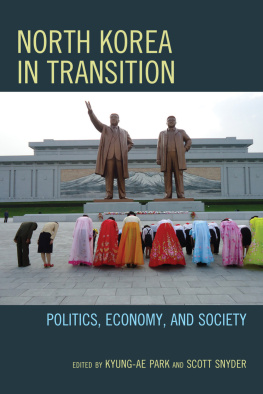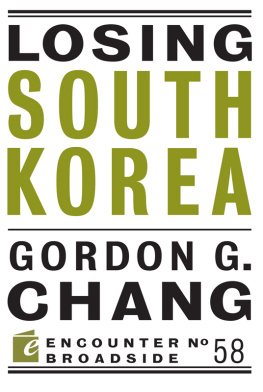Robert L. Carlin - North Korean Reform: Politics, Economics and Security
Here you can read online Robert L. Carlin - North Korean Reform: Politics, Economics and Security full text of the book (entire story) in english for free. Download pdf and epub, get meaning, cover and reviews about this ebook. year: 2013, publisher: Routledge, genre: Politics. Description of the work, (preface) as well as reviews are available. Best literature library LitArk.com created for fans of good reading and offers a wide selection of genres:
Romance novel
Science fiction
Adventure
Detective
Science
History
Home and family
Prose
Art
Politics
Computer
Non-fiction
Religion
Business
Children
Humor
Choose a favorite category and find really read worthwhile books. Enjoy immersion in the world of imagination, feel the emotions of the characters or learn something new for yourself, make an fascinating discovery.

- Book:North Korean Reform: Politics, Economics and Security
- Author:
- Publisher:Routledge
- Genre:
- Year:2013
- Rating:3 / 5
- Favourites:Add to favourites
- Your mark:
North Korean Reform: Politics, Economics and Security: summary, description and annotation
We offer to read an annotation, description, summary or preface (depends on what the author of the book "North Korean Reform: Politics, Economics and Security" wrote himself). If you haven't found the necessary information about the book — write in the comments, we will try to find it.
In the past, foreign policy and security concerns have trumped any efforts to reform the North Korean economy. Today, the linkage between security and economic policies is being reconsidered as part of a larger debate in the North Korean leadership that has already transformed the country in fundamental ways. Despite renewed tensions with the United States, North Korea has begun to implement important economic reforms. Moreover, underneath the cover of the ever-present military-first slogan in the controlled media, a debate is taking place between reformers and conservatives over whether Pyongyangs bloated military industrial complex should be scaled back to help ensure the success of economic reform.
Not only do these developments reflect strong political forces in the North Korean leadership that support reform, but they could also have profound implications for the future of Pyongyangs national security policy. North Korea may decide that it will need a more favourable external security environment in order to secure greater access to international economic and financial assistance for its reform measures and, ultimately, downsizing its military. Pyongyang could launch a new policy of engagement that would include greater flexibility in the Beijing Six Party Talks. A second scenario is continued internal struggle over reform that could lead to an inability to act decisively on key security and foreign policy issues, including at the nuclear talks. Finally, progress in reform may, paradoxically, strengthen conservatives, leading to hopes in Pyongyang that it can improve the economy, while simultaneously maintaining a large powerful military. Whether Washington can do anything at this point to influence directly the emerging debate in Pyongyang is unclear, but a renewed policy of engagement on its part could enhance the chances of success for North Korean advocates of reform.
Robert L. Carlin: author's other books
Who wrote North Korean Reform: Politics, Economics and Security? Find out the surname, the name of the author of the book and a list of all author's works by series.

